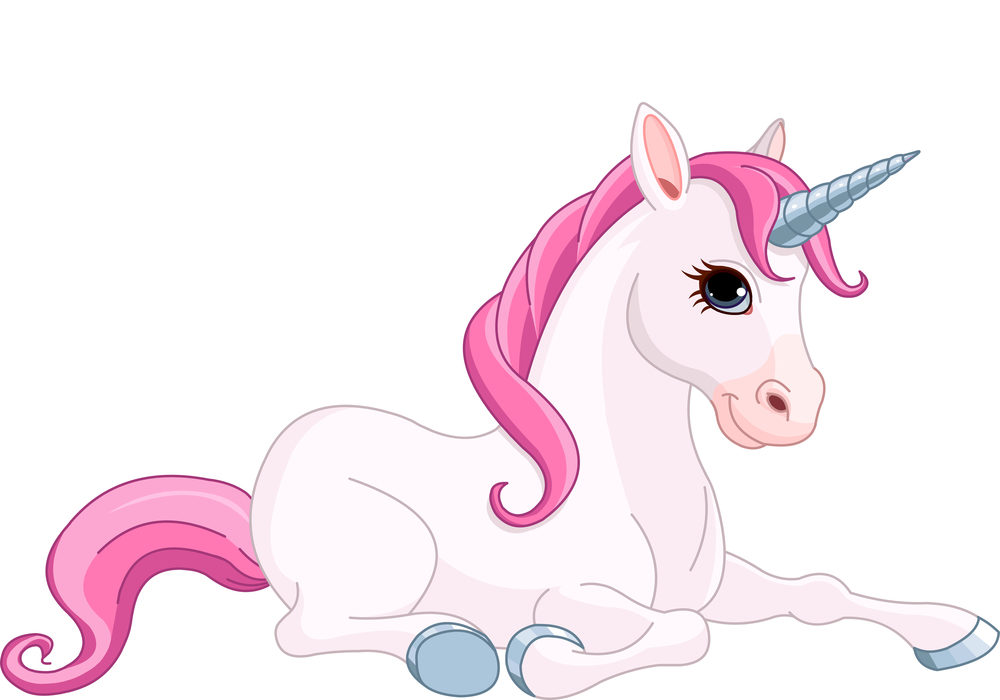
Many people think that the state is benevolent and wise or, if not, that it would be if it were run by people like them or, more exactly, like the person expressing this opinion. This is “politics with romance,” to paraphrase economist James Buchanan. Although a government sometimes succeeds in doing something with apparent efficiency, it usually fails by its own standards and, irrespective of its success, creates as much discontent as contentment.
One problem is that the state is made of, and influenced by, many persons with different interests, opinions, preferences, and values. Another problem is that an electorate is demonstrably irrational. Still another problem is that the state suffers from built-in inefficiencies due to the politicians’ and bureaucrats’ misaligned incentives, a phenomenon well analyzed by public-choice economics. The result is that government failures are usually worse than market failures.
In short, the real state is necessarily very different from what virtually any of its worshippers thinks it should be. Philosopher Michael Huemer’s 2013 book, The Problem of Political Authority (Palgrave Macmillan, pp. 196-197; a Kindle version can be rented from Amazon) contains a host of related ideas:
It is widely recognized that anarchists face a significant challenge of avoiding utopianism. It is widely recognized, as well, that some nonanarchist theories, such as certain forms of socialism, face charges of utopianism. What is less well recognized is that even very conventional, moderate political theories can be utopian. …
Advocates of liberal democracy face the same strictures against utopianism as advocates of more radical positions, such as anarchism or socialism. …
The state is treated as if it stood above the empirical human world, transcending not only the moral constraints but also the psychological forces that apply to individual human beings.
This book is well worth reading. I plan a review in the Winter issue of Regulation, together with a short presentation of his most recent book, Knowledge, Reality, and Value (reviewed here in five parts by co-blogger Bryan Caplan).

READER COMMENTS
Jose Pablo
Sep 1 2021 at 7:25pm
I can wait to read your review of The Problem of Political Authority!!
I find the first part of the book one of the best I have ever read (3/4 times by now and citing it extensively). The last chapters on the practicalities of how to build an anarchist society are trickier … after all “building” something that works is much more complicated that uncovering the never-ending nonsensical justifications of “the right to coerce and the duty to obey”.
Regarding the extremely high prevalence of the mythical idea of the State that you mention, the question that always come to mind is why? I mean, what you say here is so obvious even for the ill-informed, that I cannot understand how politicians can still put this trick out of their hat on a daily basis.
Why?
Pierre Lemieux
Sep 1 2021 at 11:04pm
Jose: Good question. There are a number of answers, as you may suspect. Huemer mentions the natural bias toward submission to authority helped by government propaganda. Bertrand de Jouvenel believed, in a somewhat similar way, that obedience is a habit of the species. So did Anthony de Jasay. And some people do think that the net benefits (for them) of the existence of the state are positive.
Michael Huemer
Sep 1 2021 at 10:03pm
Thanks, Pierre! I, too, look forward to reading your review.
David Seltzer
Sep 2 2021 at 2:12pm
“Many people think that the state is benevolent and wise or, if not, that it would be if it were run by people like them or, more exactly, like the person expressing this opinion.” If we are flawed mortals, why do we rely on a subset of equally flawed mortals to govern?
Jose Pablo
Sep 3 2021 at 4:27pm
Maybe because “flawed humans” is the only kind of humans available. I guess.
But it is worse than that, because among the “flawed humans” the worst (flawed humans) are the ones who get on top.
A very interesting article this week in The Economist https://www.economist.com/leaders/2021/09/04/the-threat-from-the-illiberal-left
It seems that we are lucky if we get something close to a “liberal” (in the non-USA meaning of the word) government/society, even if we are still forced to obey “flawed humans” that keep repeating a non-existing “we” as support of their “right to coerce”.
At least, under ” our flawed humans”, we can still publish books against any ‘authority” (although no comics depicting people in “ways that are hurtful and wrong”)
I don’t know … going from bad to worse …
Comments are closed.